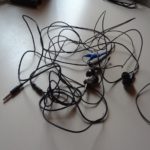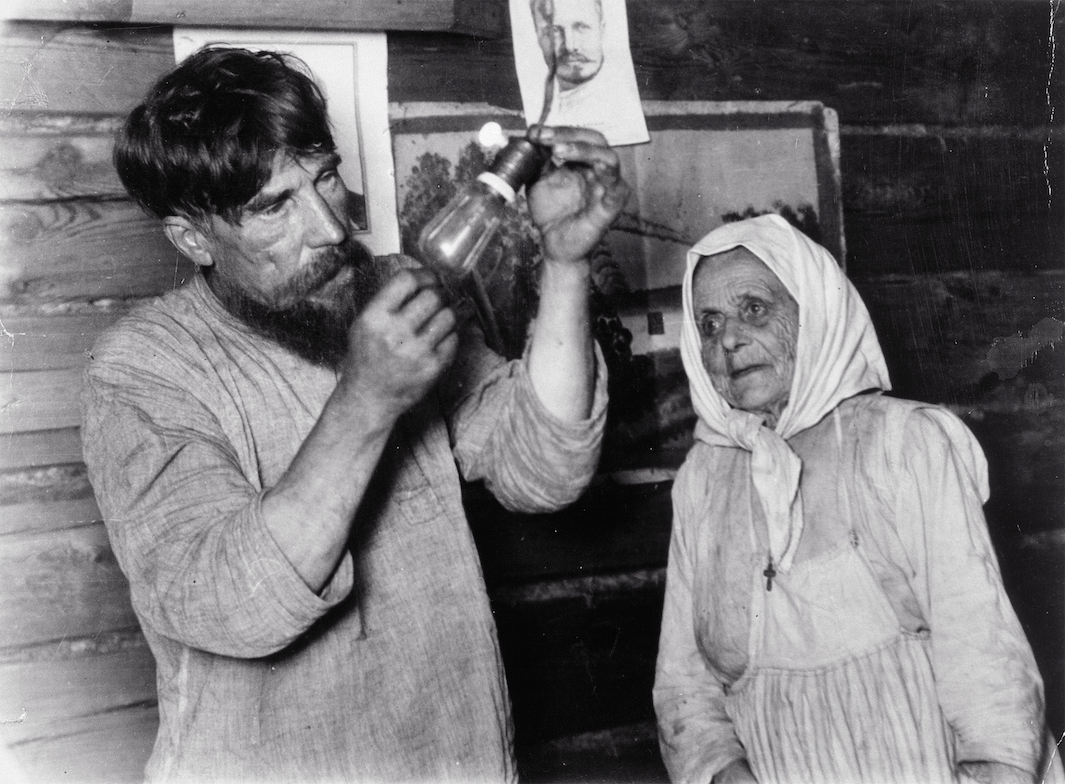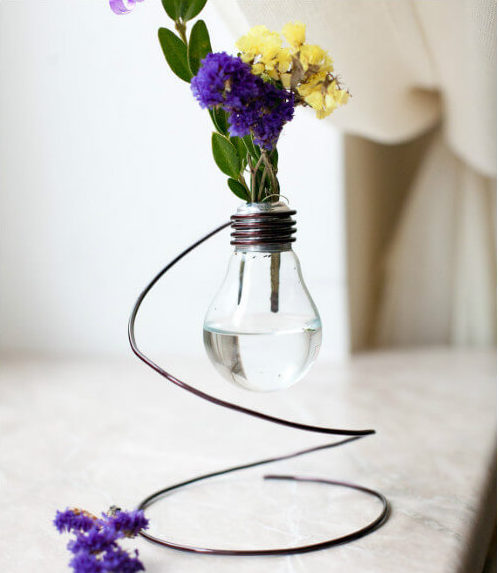How to recycle light bulbs
Generally speaking, littering is generally bad. It is bad to mix food waste with non-food waste, etc. In European countries, waste sorting has been going on for a long time. They don't have one container, but several. And residents themselves throw away a certain type of waste in a certain container.
In our country, they have only recently begun to practice this method of disposal, and then only in large cities. Of course, in the village, everything is much simpler there. What can burn in the oven will burn there, what can be eaten by pets - they will eat it. Even metal doesn't just disappear. The kind “secondary metal sweepers” will definitely come and take everything away. But there remains a small part of the waste, which, although it rarely occurs, is nevertheless of no use to anyone and it is not very clear where to put it. We are also talking about obsolete energy-saving lamps.
The content of the article
Why is proper disposal of light bulbs important?
Any lamps that contain mercury will eventually turn into very hazardous waste. It’s clear that when they burn out, you can’t just take them and throw them into the general trash bin.It’s not just impossible, it’s strictly prohibited.
Fluorescent lamps contain heavy metals, so only those organizations that have a special license for this are allowed to somehow transport them and carry out further disposal.
If this type of waste accidentally ends up in a regular landfill with other waste, it can lead to catastrophic consequences. Substances contained inside light bulbs, coming out of a damaged housing, can poison everything in the area:
- the soil and atmosphere are polluted;
- bodies of water;
- flora and fauna suffer.
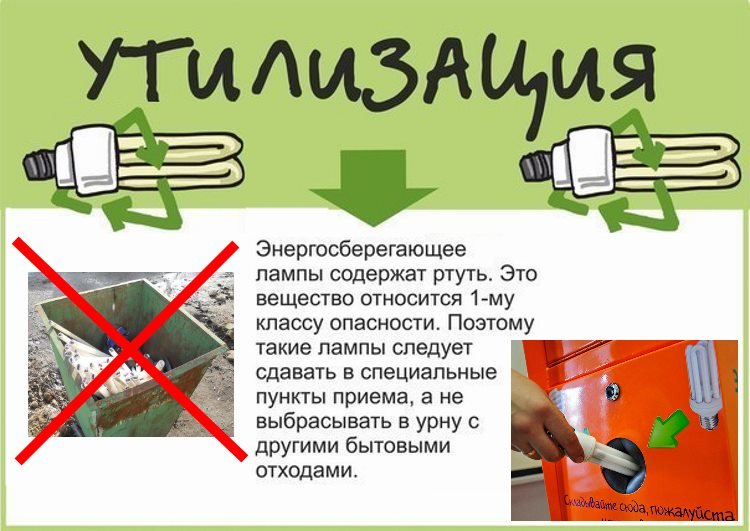
IMPORTANT. The most dangerous thing is if mercury contamination occurs. It penetrates the soil over entire hectares. In addition, it infects aquifers, passes into wastewater, and only then into water bodies.
In addition to the fact that mercury poisons the air and water, it also enters the human body through food. This dangerous substance is “supplied” by fish and other marine products from contaminated water bodies.
The danger of mercury is that its amount gradually increases and it is almost not removed from the body. Over time, the amount of harmful substance reaches the maximum toxic level.
The presence of mercury in the body has a detrimental effect on the following organs and systems:
- nervous;
- digestion;
- the functioning of the lungs and kidneys is disrupted;
- the immune system weakens.
The most harmful effects of mercury are on the female reproductive system.
Where can you donate energy-saving lamps?
If you can’t throw away lamps that have become unusable along with other garbage, then how to get rid of them? Burnt out or damaged light bulbs must be placed in cardboard boxes and taken to a collection point that collects this type of waste.
If you accidentally break a lamp that contains mercury or other heavy metals, you must:
- immediately open the windows and ventilate the room;
- collect all the fragments - the smallest debris should be collected with tape or napkins;
- Do not vacuum under any circumstances;
- treat the floor with bleach.

Reference. Any major city has collection points for this type of waste.
There are designated places for recycling energy-saving lamps:
- Containers are organized at various DEZ, REU and other management companies. The public can take their lamps there for recycling free of charge.
- Organizations that specialize in the disposal of this type of waste and have a license to do so also have similar points.
- Most large stores will also accept damaged lighting fixtures. These include IKEA, a chain of 220 volt stores. Moreover, they often not only accept waste from the population, but also provide new goods at a discount.
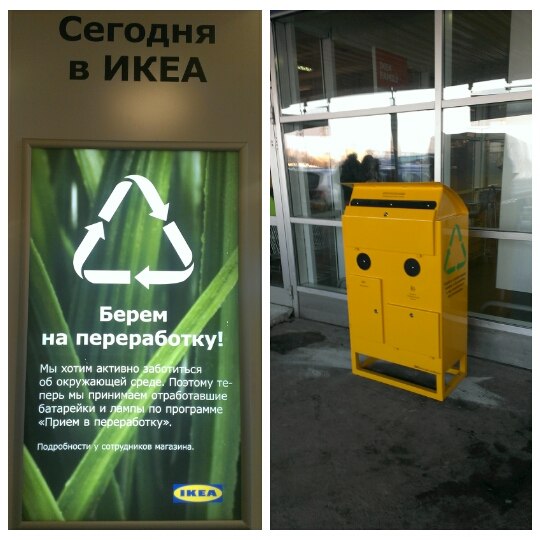
Reference. In Moscow, as well as in some other large populated areas, the Ecomobile program operates. Cars with special containers for recycling lamps move along the streets.
How to properly dispose of lamps if there are no collection points
The fact that in large cities of our country work has been organized to collect used light bulbs from the population is wonderful. But most of the population does not live in cities, but quite the opposite. What about those people who live in rural areas, where a more or less “decent” city is often more than a hundred kilometers away?
Naturally, no one will organize such points in any village - the scale is not right, but there is always a way out.The main thing is to know where to look for this exit.
In any, even the most remote village, you can contact some organizations that, by the nature of their activities, are related to the disposal of such devices, and therefore are able to provide assistance in resolving this issue:
- Energy sales companies.
- Administrations of villages and districts.
- REU or management companies.
- Ministry of Emergency Situations.
- Shops selling building materials or household goods.
Energy
No matter the size of the settlement, power lines are definitely laid near it. This means that there is also an organization that services these lines and supplies electricity to the population.
The staff of such organizations certainly has a chief power engineer, who, according to the staffing schedule, is responsible for all energy-saving lighting devices. You can call this person and ask for help solving the problem. In any case, the energy engineer is responsible for how such devices are disposed of.
It is quite possible that in some organizations the chief power engineer is not involved in such issues, and all responsibility is assigned to an ecologist or a specialist in another profile; this does not matter - you can always contact them.
Employees of these organizations have access to specialists from enterprises who directly recycle such light bulbs. The question is: will they help unselfishly or, as usual, until you help, you won’t go.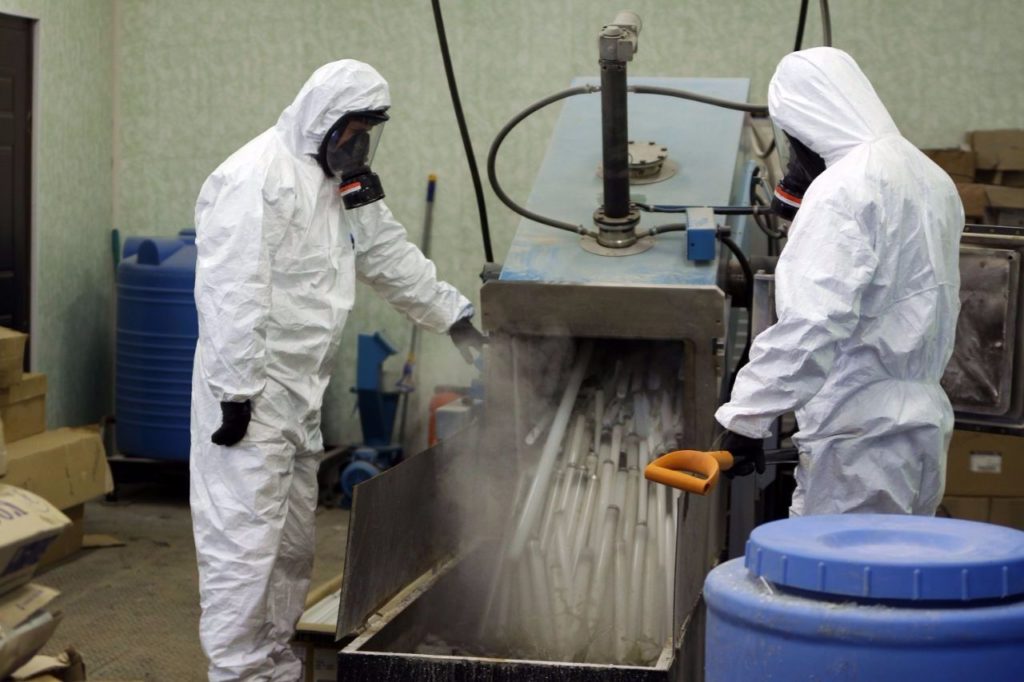
Township, rural and other local administrations
According to the Decree of the Government of the Russian Federation dated September 3, 2010, number 681, the disposal of household lighting devices containing harmful substances is their immediate responsibility. This is discussed in paragraph eight. If you are refused in one form or another, it is illegal.
Whatever level the local administration belongs to, it must by any means inform the population where and at what time there will be a special transport that will take away all the collected lamps.
If local officials are unwilling to respond to your legitimate request for help, then try contacting the highest level of administration. Most likely, they will provide help there, but if there is “complete ignorance” there, then feel free to write a statement to Rospotrebnadzor and at the same time to the prosecutor’s office.
Management companies and repair and maintenance departments
If you live in an urban village, then naturally there are multi-storey buildings. In such populated areas, the following organizations are required to deal with the disposal of hazardous waste containing mercury:
- management companies;
- REU of your home;
- In addition, you can contact any institution that services the house.
Any of these organizations, according to the law, must have an agreement with enterprises that process waste containing mercury. All you have to do is hand over the broken light bulbs to the employees of these organizations - everything else becomes their concern.
Any refusal to provide assistance is a violation of the law and a reason to contact Rospotrebnadzor and the prosecutor’s office.
Ministry of Emergency Situations
You can also contact your local emergency department for help. In fact, the disposal of this kind of waste is not an emergency situation? This means that employees can provide assistance.
Of course, no one in the Ministry of Emergency Situations is directly involved or is obliged to deal with the disposal of such things.But the main thing is that they know where to go with such a question and they have special transport on which everything can be taken out without risk.
Construction and household goods stores
Owners of stores that sell construction or household goods often sell lamps containing mercury. Therefore, they are obliged to sign a recycling agreement with recycling companies.
Therefore, it is quite possible to come to such stores and hand over your used lamps.
But, most likely, the sellers will say that they don’t know anything, they will start referring to the owner, and he, in turn, will try not to take on this burden. Of course, the expenses will be at his expense.


